Biomanajemen Public lecture series; Social Research Methods in sustainable development
-
- Venue dan Date:
- Seminar Room 3rd Floor, Labtek XI-ITB
- 2 Feb 2018, 9.00 – 11.00 am
- Speaker:
- Yulia Indrawati Sari
Biomanajemen Master Study Program conducted the first Guest Lecture Series of 2018. The lecture series hoped to support lecture materials given in the class room and to accommodate the interaction between practitioners and students. The first guest lecture in 2018 was in collaboration with AKATIGA – Centre for Social Analysis, with the topic of ‘Social Research Methodology in Reviewing Sustainable Development Issues’. The event was attended by 31 students, including students of Biomanajement ITB, Biology ITB, Biological Engineering ITB, Resort Management and Leisure UPI, Anthropology UPI, Anthropology UNPAD, and Architecture Agricultural Landscape University of Bandung Raya.
Yulia Indrawati Sari as a speaker conveyed the issue that need to be understood in doing social research. The first principle is to identify and define the community is being studied. This process requires the observation of categories, classes and social structures that apply in the community. The second principle is learning the institution and its influence on the marginal group. Social research, especially AKATIGA seeks to assist marginalized people in expanding their access to resources and policy-making processes, especially in areas such as labour, small business, agrarian, community-based development, budgeting policy, and public services.
Grouping
The elite are people who have access and able to make decisions regarding resources and economic resources. They have the power to organize and constitute as a group of decision makers. Some examples of this group are village chief, village officials, religious leaders, community leaders, and landlords.
Marginalized people are left behind in decision making and usually only able to enjoy the resources leftovers that go into their institution. Sometimes these groups are people who are not included in making decisions, being ostracized, or those who feel they have no right to speak in a forum. Some examples of marginalized people are farm labourers, and low-income communities.
The middle group is a group with broad definition. That is those who are among the elite and marginal. Ideally the middle class should be a reservoir of the aspirations of the marginalized group, but on a more frequent occasion the middle group approach the elite for power. If there are incoming resources then the middle group will be tasked to be the administrative. Some examples from the middle group are posyandu cadres, teachers, and small shop owners.
So the main principle in social research is to try to explain and define society as a group, it can be said that social research has a sense of defence against the marginal group. For some researchers, they implicitly look at how to study the relations of marginalized groups with other groups in society.
Institution
Institutions are different from organizations, organizations can exist within institutions, and institutions have broader meaning. Institutions (institutions) consisting of both formal and non-formal rules, where these rules can affect people’s lives.
In social research, every group within the institution has no full freedom of action. There is an agency relationship within the institutional structure. Every human life deals with the rules of the institution. For example, the BPD (Badan Petinggi Desa) as the village senior body, they determines the decision in a formal agreement of the rural institution.
As social researchers, we seek to identify informal agreements that affect the lives of various groups prevailing in society. The instances are the event of fertilizer distribution, management of land ownership, and the relationships between men and women in a village. If this is already identified, it can be continued with the identification of the agreement affecting the group we are examining, whether the institution strengthens their rights in a better direction, or the institution limits the marginal group.
Generally we focus on formal institutions that are written and clearly defined, but many findings in the field that affect marginal communities action. For example voting for a village chief, the one who is chosen is usually those who are good at war and the most generous amongst them.
The researcher should be sensitive to the institution and its effect on the marginal group. For example when conducting FGD (Forum Group Discussion) in a village, and all participants have expressed their opinion. Researchers can not conclude that this FGD is fully participatory. Researchers should be sensitive to the stratification in the community and the informal rules of association with institutions. Farm laborers, as marginalized groups, will support their landlords’ opinions as informal rules of play. If their landlord nominates to become a village leader, there is an indirect rule that the farm worker should support them.
Research methods
Research method in social studies takes a lot of inspiration from ethmography. In social studies researcher must distinguish between normative answers and fact-filled answers.Researcher should be able to distinguish between the answers that researchers want to hear, and what actually happens. As a researcher, one must see the quality of information, why an event occurs from ‘a’ to ‘b’, why ‘b’ occurs. One way is to participatively observe. The methode is done by mingling with the chosen population. It is recommended that researchers need to stay with a minimum of two weeks in the community and observe the phenomenon that occurs from a different point of view. This activity begins with introductions and approaches with local communities. The first day is usually spent by asking questions that are not the key questions. The second day, researchersshould try to explore the village that should not be escorted by the elite, and better with posyandu cadres or teachers.
Keep in mind, when introducing yourself, the researcher should be honest about the purpose and purpose of arrival in their village. Never promise anything to the community. If the researcher is unable to improve an institution, at least researchers do not change the institution, let alone change the institution that is in favor of the marginalized group.
If the research is completed and written, one way to distribute research results to the marginal is by verbal. They will get more information by informal discussions with a cup of coffee and a cigarette.
- Venue dan Date:
- (Writer: Gita Kemala & Mentari Alwasilah, Translator: Gita Kemala)
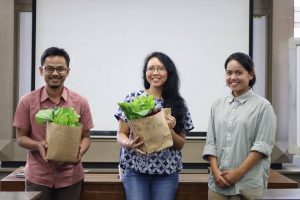
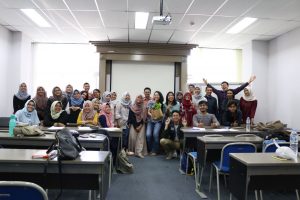




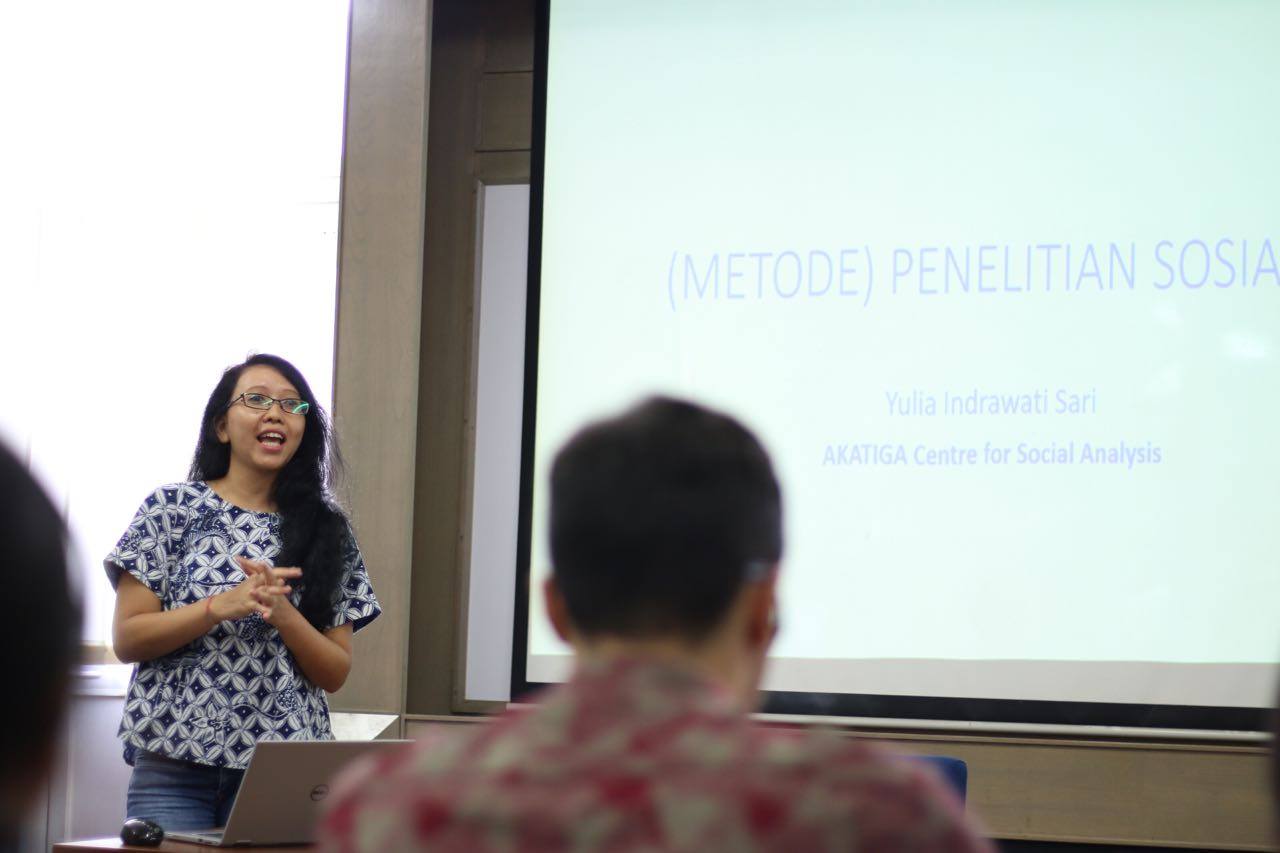
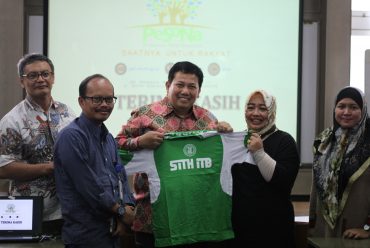
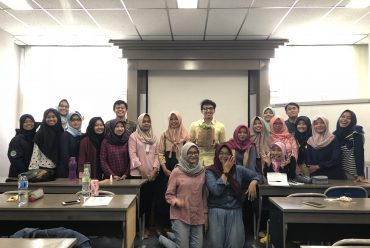

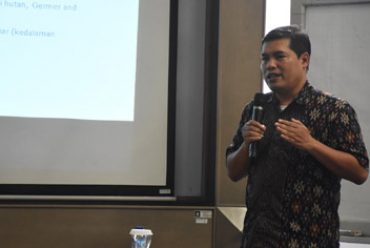

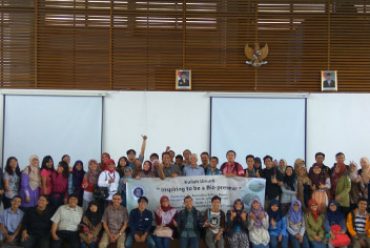
No Comments